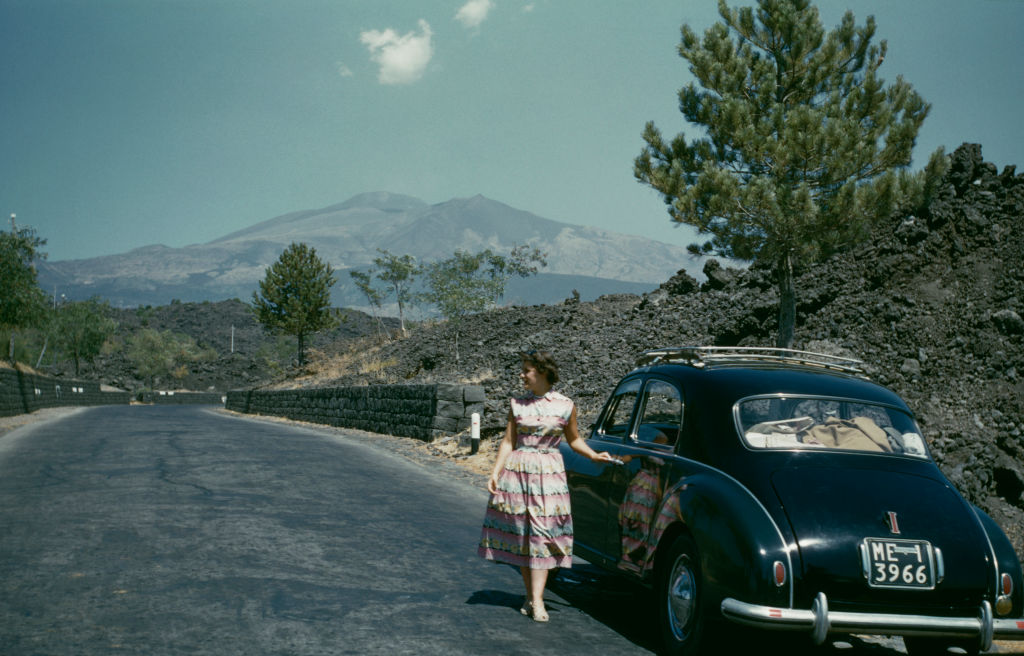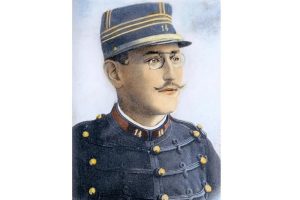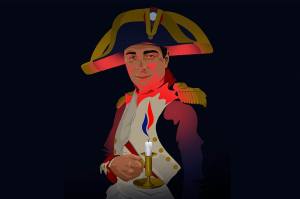South of France
After weeks of living in the 18th century, going everywhere on foot and encountering few other souls, I drove to Marseille for a hospital appointment and got stuck in a crazy traffic jam. As a reintroduction to the human race, it was a brutal shock. Hooting, shouting, sirens, blue lights, motorcyclists doing wheelies, cars mounting sidewalks and grass shoulders, cars forcing a path through the stationary traffic using their bumpers as buffers: utter chaos. In an hour and a half, the three-lane queue moved forward 80 yards.
The chaos reminded me of a taxi ride I once took from Palermo airport. On the half-hour drive into the city we had two minor collisions and clipped a pedestrian. It was a middle-aged chap, fortunately agile. He rolled off the bumper, landed on his feet and continued on his way without a backward glance. In Palermo I visited the catacombs of a Capuchin monastery in which centuries-old cadavers had been perfectly preserved by the dry air, dressed in their Sunday best and arranged in scenes of contented domesticity. Why they had been preserved and exhibited like this, I never found out. Perhaps they had all been run over in the early days of Sicilian motoring and it was an infant form of environmental protest practiced by the monks.
Amid the angry chaos of the Marseille traffic jam, I remained reasonably tranquil for a stationary hour, absorbed by sound recordings of interviews with famous English writers, published by the British Library. It felt faintly incredible to be listening to these famous authors’ clipped English voices while stuck in honking French traffic. Ian Fleming was suave; J.B. Priestley petulant; Graham Greene slippery; William Golding mystical; Daphne du Maurier blithe; C.P. Snow diffident; Rudyard Kipling shamanistic; and Evelyn Waugh funny. Interviewer: ‘You are in favor of capital punishment?’ Waugh: ‘For an enormous number of offenses, yes.’ Interviewer: ‘And you yourself would be prepared to carry it out?’ Waugh: ‘Do you mean actually do the hangman’s work?’ Interviewer: ‘Yes.’ Waugh: ‘I should think it very odd for them to choose a novelist for such a task.’
Eventually I abandoned the car about half a mile from the hospital and walked the rest of the way, arriving an hour and a half late for my appointment. As I walked I rehearsed the apologies I would offer the oncology department receptionist. They can be terrifying, female French hospital receptionists. Even from a sitting position the stare can be as intimidating as the stare of an undisputed heavyweight champion at a big-fight weigh-in. Even worse than arriving an hour and a half late, I would be arriving in the middle of her lunch break.
In the event she couldn’t have been more pleasant about my lateness. Time and again in France I have found that the greater the offense the more easily one is forgiven. With her mask round her neck and both cheeks distended by a mouthful of food, she clucked and chuckled while I told my tale. Then she bustled around to my side of the counter, pointed a thermometer at my sweating forehead, and pronounced me fit to meet the oncologist.
The young oncologist was also on his lunch break and also appeared to revel in my lateness. He waved me through his office door jovially with his sandwich. We sat and he pulled up the results of my latest blood test on his computer. Standing upright on the desk between us was one of the larger-sized nicotine vaporizers.
The castration injections are working, he said. Also, my testosterone level has fallen through the floor, which was good news according to him. But I’ll be blunt with you, he said. As well as the castrate injections you will need one of the newer drugs as a belt-and-braces job. These newer drugs are expensive. If you were in possession of a French health card, I’d prescribe you a monthly course here and now. Here in France these new drugs are the standard treatment for your situation. The way I see it, my friend, you have a choice, he said. You must either marry your girlfriend, become a resident and get yourself a French health card. Or you must bugger off back to England and find a National Health Service oncologist willing to prescribe you one of these new-generation drugs.
He took a hefty drag on his vape and eyed my reaction to his candor through a blackcurrant-scented cloud. Preoccupied as it was with Ian Fleming’s suave voice and Waugh’s fruitily precise diction, and imprinted with an image of the rear end of a fruit lorry, my mind was caught unawares by this unexpected interpretation of my latest blood test results.
‘I see,’ I said. ‘I’ll have to get back to you on that one.’
This article was originally published in The Spectator’s May 2021 World edition.


















